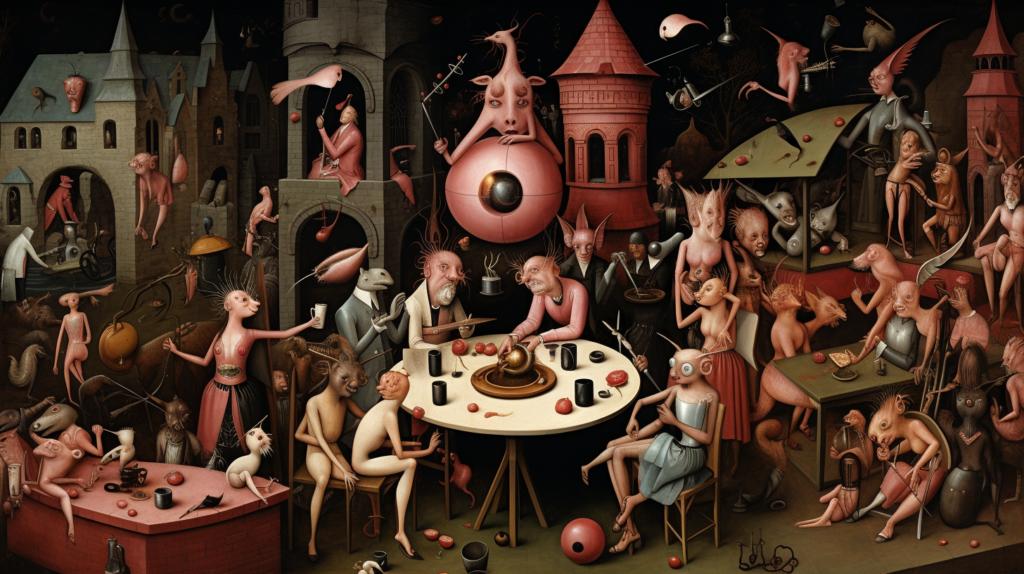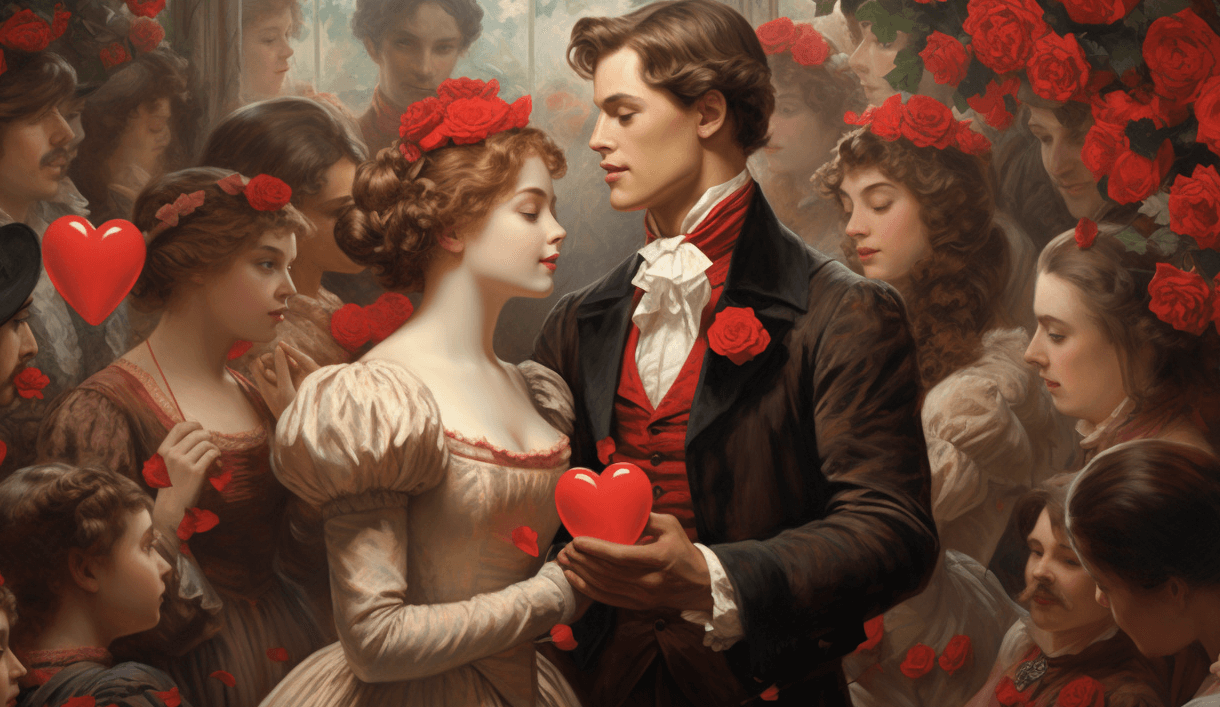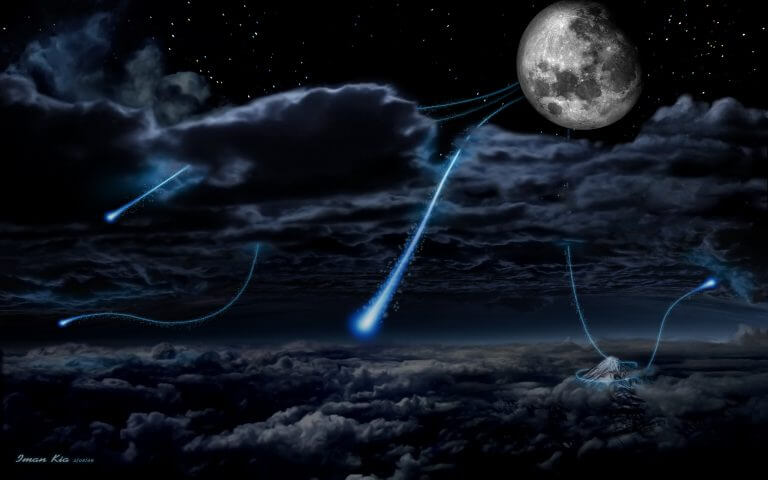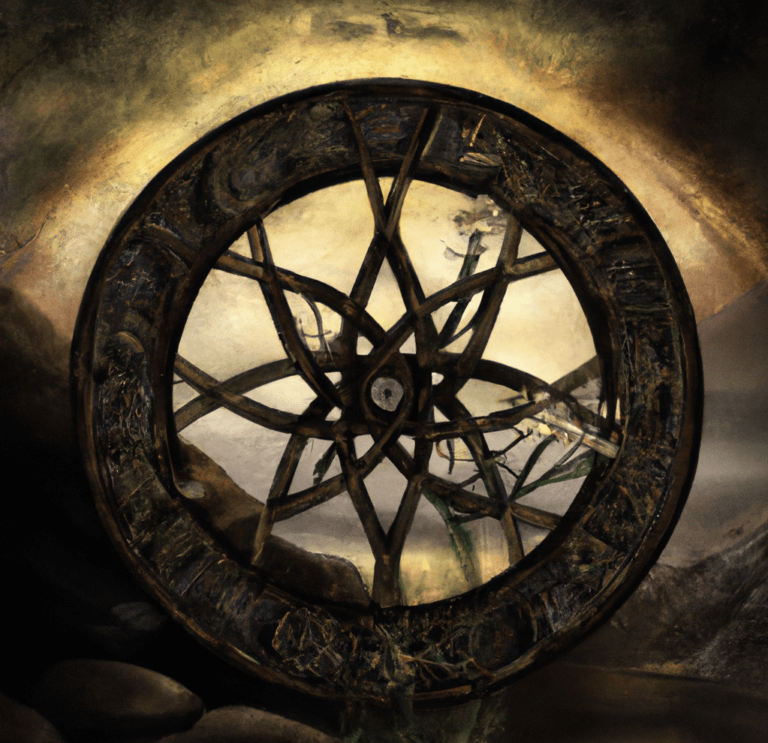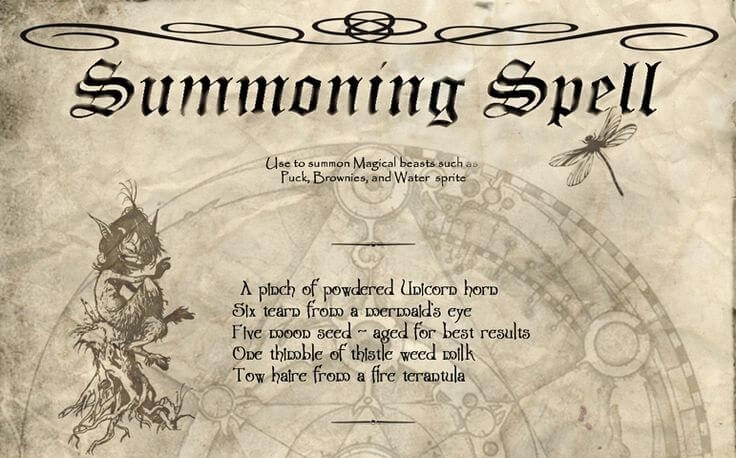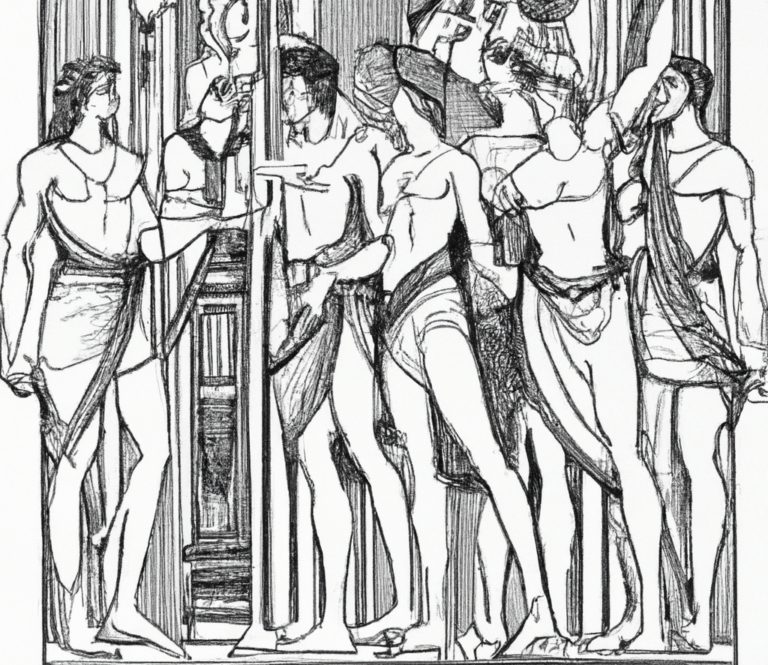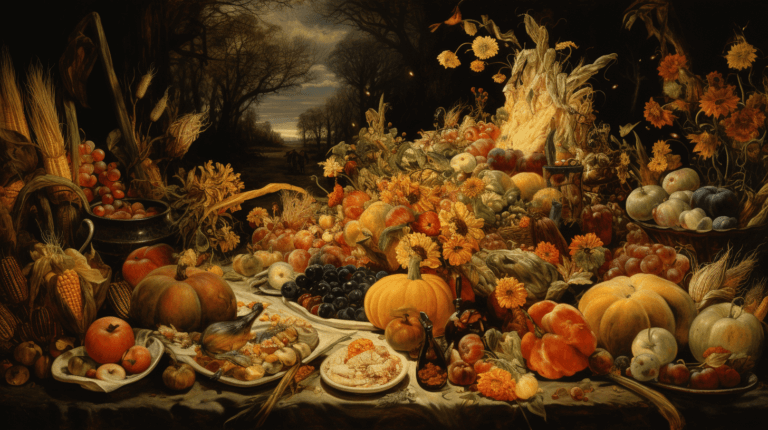Unveiling the True History of Valentine’s Day: Exploring Occult and Hermetic Influences
Introduction
Valentine’s Day, a celebration of love and romance, has become an integral part of our modern culture. However, beyond the flowers, chocolates, and heartfelt cards lies a hidden history intertwined with mystical and esoteric influences. In this article, we will delve into the origins of Valentine’s Day and explore the occult and hermetic aspects that have shaped its evolution over time.
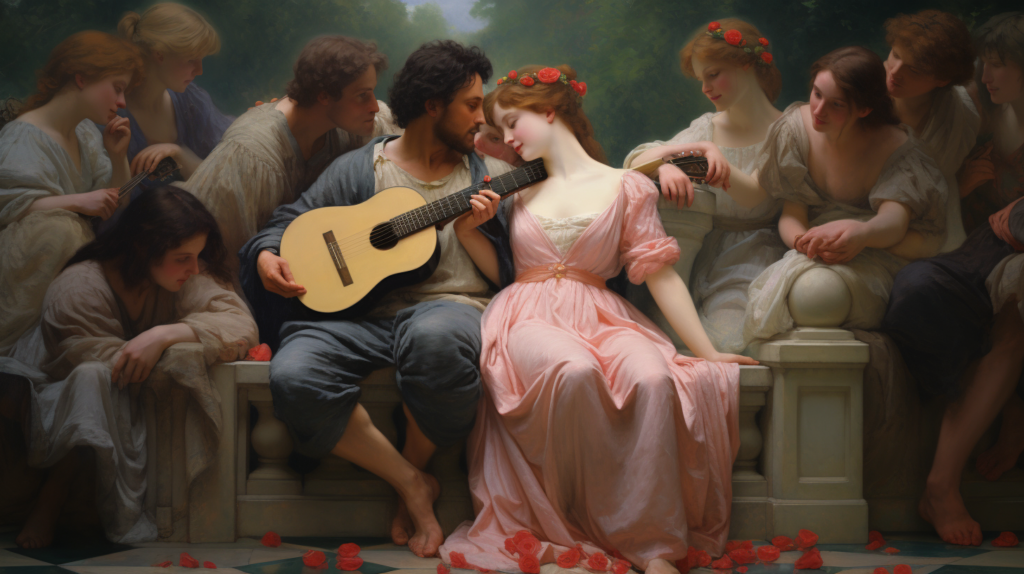
Ancient Roman Origins
To unravel the true history of Valentine’s Day, we must journey back to ancient Rome, where the festival of Lupercalia was celebrated in mid-February. Lupercalia was a fertility festival dedicated to Faunus, the Roman god of agriculture and fertility. It involved rituals where young men would run through the streets, striking women with thongs made from the skins of sacrificed goats. This peculiar custom was believed to enhance fertility and promote successful marriages.
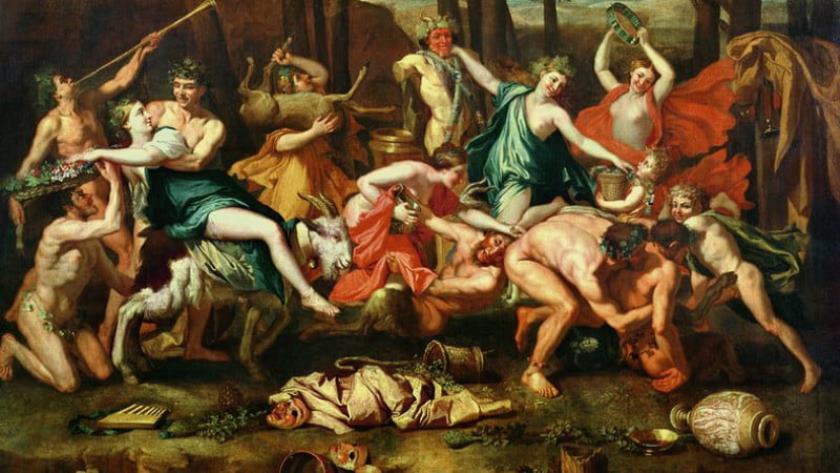
The Influence of Saint Valentine
The association between Lupercalia and Valentine’s Day can be attributed to the influence of Saint Valentine, a Christian martyr who lived during the third century. Multiple legends surround Saint Valentine, making it difficult to separate fact from fiction. One popular account suggests that Valentine secretly performed marriage ceremonies for soldiers who were forbidden to marry by Emperor Claudius II. Another story claims that Valentine sent a love letter signed “From your Valentine” to his jailer’s daughter, with whom he had fallen in love.
The Rise of Courtly Love
During the Middle Ages, the concept of courtly love emerged in Europe, influencing the romantic ideals of the time. Courtly love was a medieval tradition that extolled the virtues of chivalry, devotion, and romantic passion. Inspired by troubadours and poets, this romantic movement brought forth the notion of love as a transformative and spiritual experience.
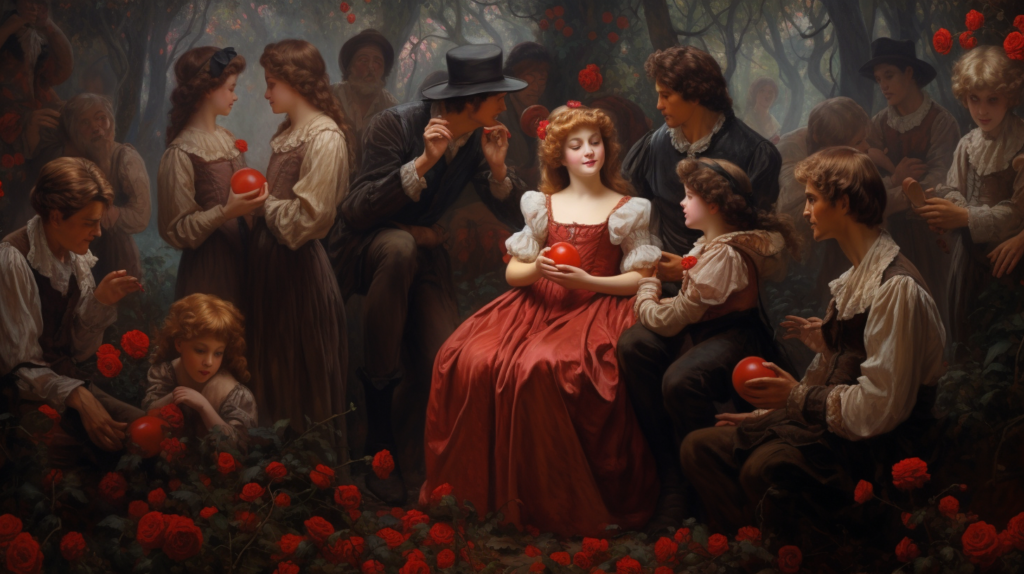
Hermetic and Occult Influences
Beyond the surface-level historical narratives, some theorists propose that Valentine’s Day also possesses hidden connections to hermetic and occult traditions. The hermetic philosophy, derived from the writings attributed to Hermes Trismegistus, emphasized the spiritual and divine aspects of love. It explored the concept of uniting the masculine and feminine energies within oneself to attain spiritual enlightenment.
Moreover, various esoteric traditions, such as alchemy and astrology, were intertwined with hermetic beliefs. These mystical practices sought to decipher the hidden forces at work in the universe and gain a deeper understanding of human relationships. Valentine’s Day, with its focus on romantic love, could be seen as a microcosm of the alchemical process—a journey of transformation and the union of opposing forces.
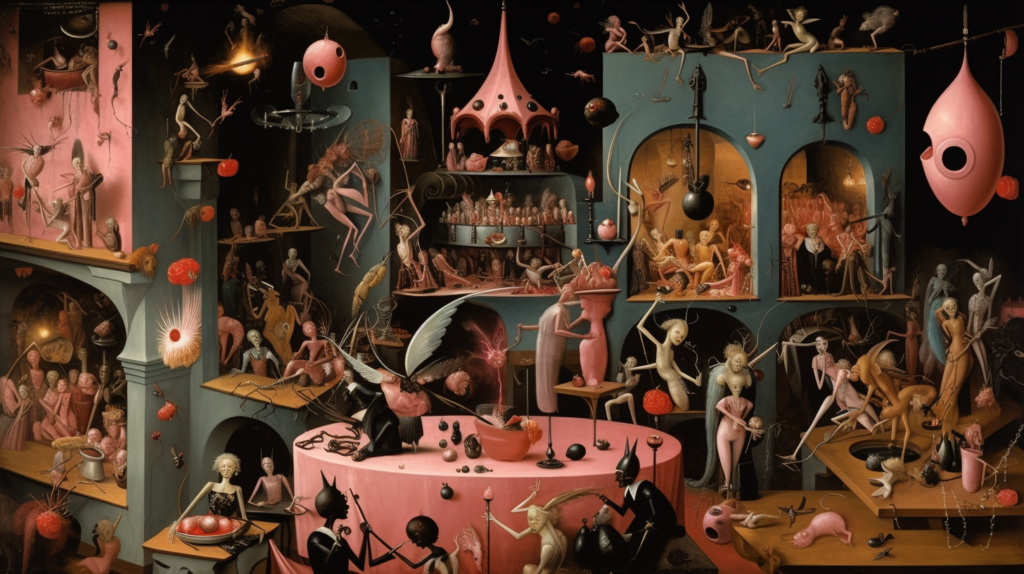
Modern-Day Celebration
Over time, the original associations of Valentine’s Day with Lupercalia and Christian martyrdom faded into the background, and the focus shifted primarily to romantic love. The influence of courtly love and the romantic movements of the past contributed to the evolution of the holiday, which now emphasizes the expression of affection and devotion to loved ones.
While the occult and hermetic influences on Valentine’s Day may not be explicitly acknowledged in mainstream celebrations, they add depth to its historical and cultural tapestry. Exploring these hidden aspects invites us to reflect on the deeper dimensions of love and the potential for personal and spiritual growth that it holds.
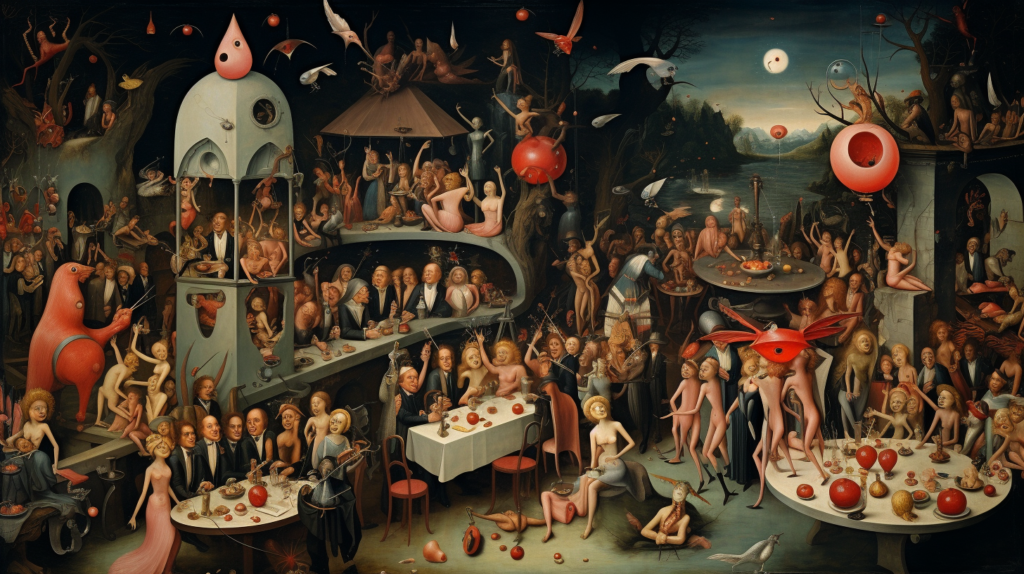
Conclusion
Valentine’s Day, with its origins rooted in ancient Rome and its evolution shaped by various historical and cultural influences, continues to captivate hearts around the world. While the occult and hermetic connections may not be widely known, they provide an intriguing backdrop to the celebration of love. As we exchange tokens of affection on this day, let us also contemplate the profound mysteries of love and its transformative power—a force that transcends time and connects us to the eternal quest for meaning and unity.
